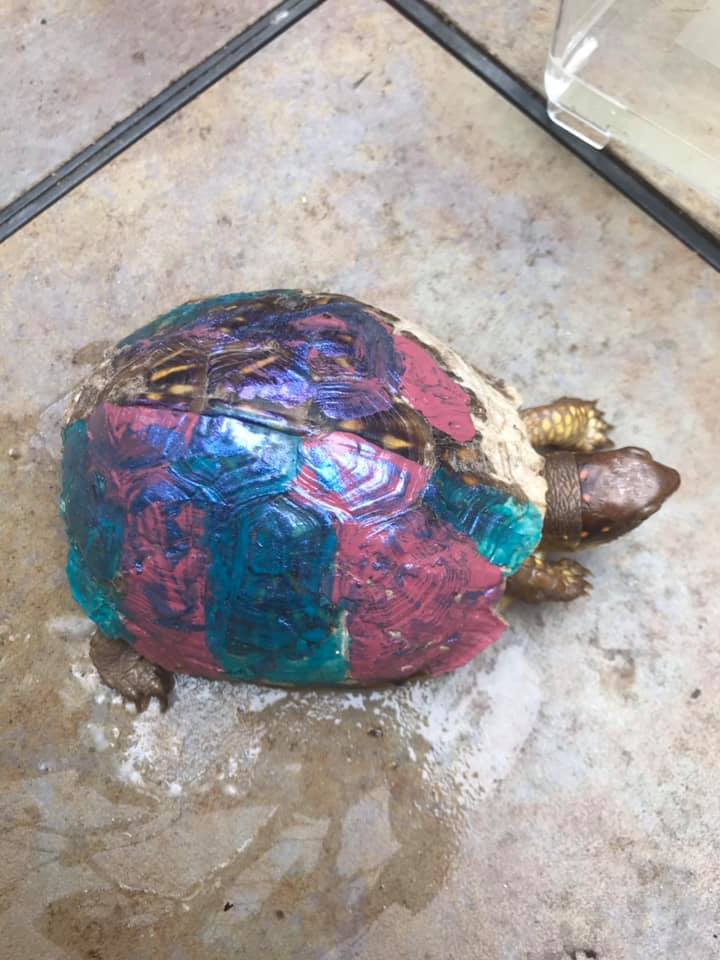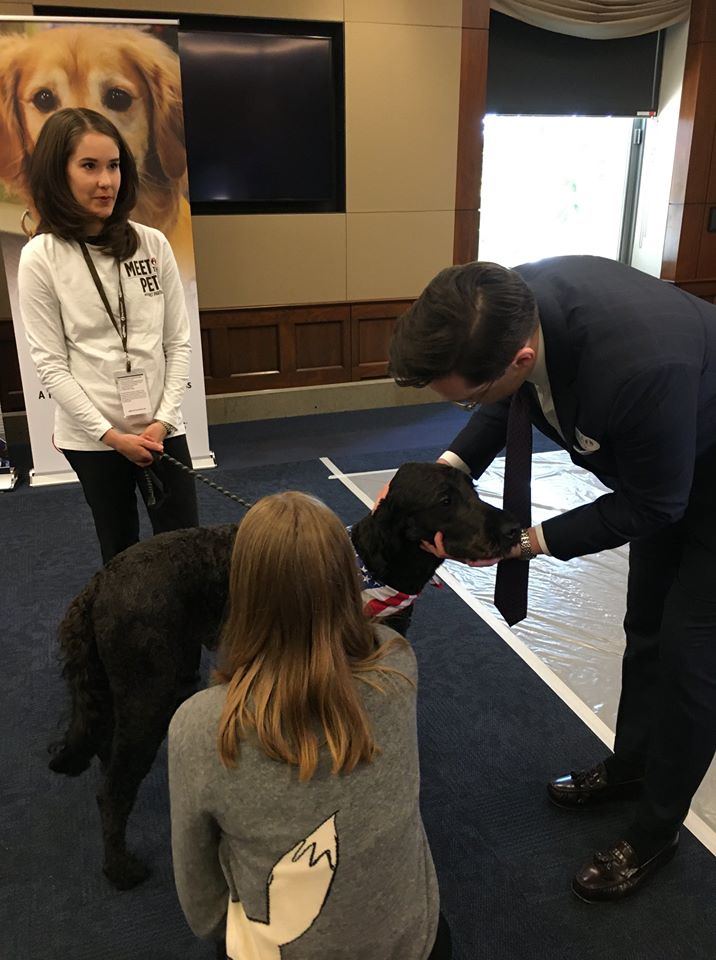Two graduate students who reportedly administered drugs to animals in the name of research have been suspended by Auburn University in Alabama after an animal rights activist group pushed for an independent investigation.
Stop Animal Exploitation Now or SAEN demanded the university’s interim president Jay Gogue disclose more details about the research including what species and the number of animals used in the project.
The university, through a spokesperson said steps have been taken to prevent similar incidentes happening in the future.
We self-report to the appropriate agency or agencies,” a spokesperson from Auburn University told AL.com. “As a Carnegie R-1 research institution, Auburn is focused on providing life-saving solutions for the betterment of its community and beyond, with a safe and responsible process always being of paramount concern.”
SAEN found the information through a federal report of unapproved hazardous drugs being used on animals led to the suspension of four Auburn research staff.
The animals were alive when the drugs were administered, according to the report. The suspension suggested by the IACUC, the American Association for Laboratory Animal Science, was for no less than six months, but the SAEN says that’s not enough.
Their actions not only potentially endangered Auburn staff, but may also have rendered multiple scientific projects virtually meaningless,” said Michael A. Budkie, SAEN co-founder, in the letter to Gogue. “They must never be allowed to handle animals again!”
The incidents were submitted to the IACUC on June 6, 2019, and interviews with the graduate students followed.
The report states that one of the students had not read the animal protocol and the other student, having actually read the protocol, administered the hazardous drugs to the animals anyway.
Moreover, there was an apparent lack of concern that they had conducted activities without IACUC approval and had put animal care workers at risk by using unauthorized hazardous agents in an animal care room not approved for safe handling of such drugs,” read the report filed by the IACUC.
The hazardous drug entry in the medical record was found to have been blacked out, according to the report.




